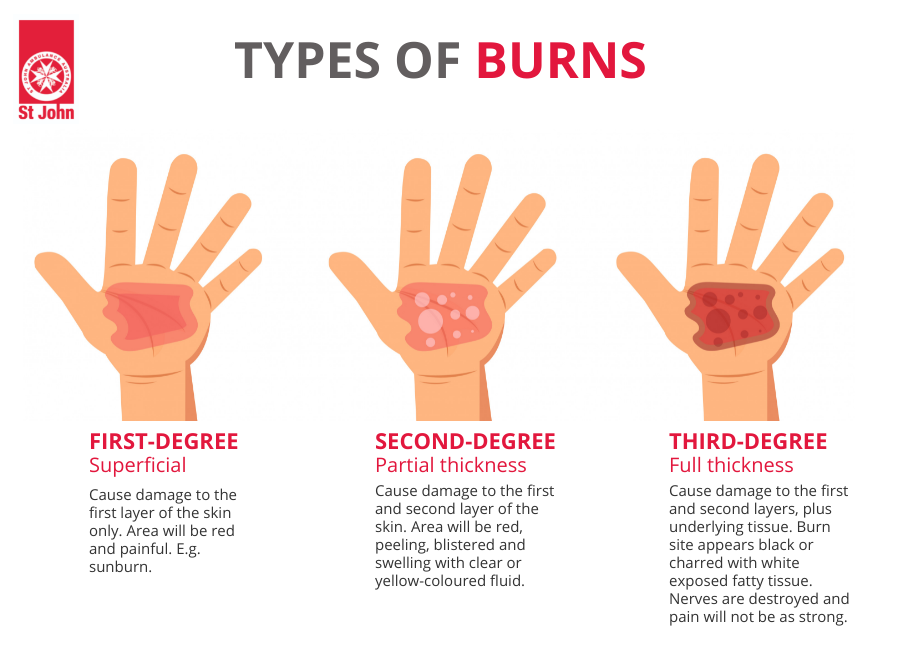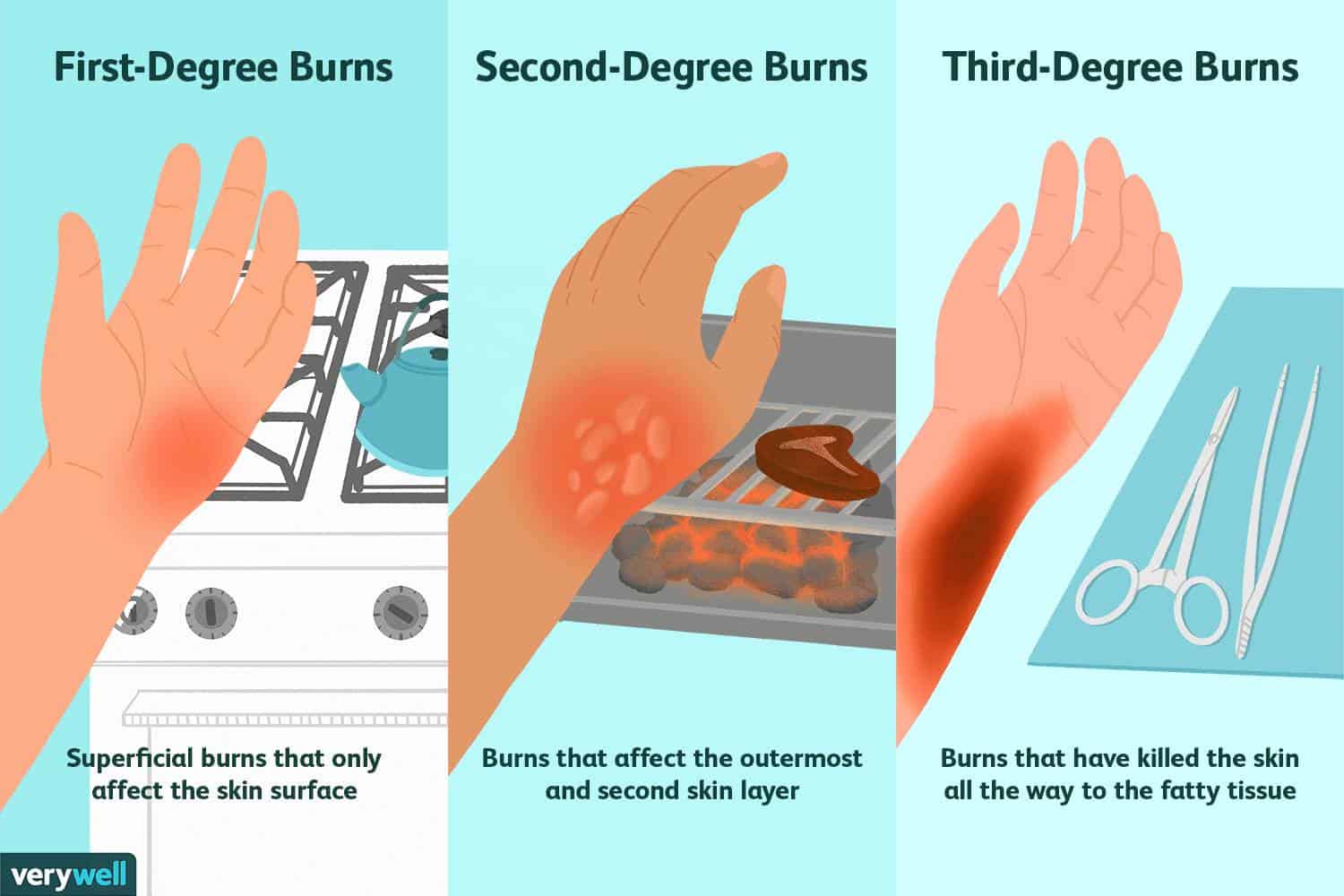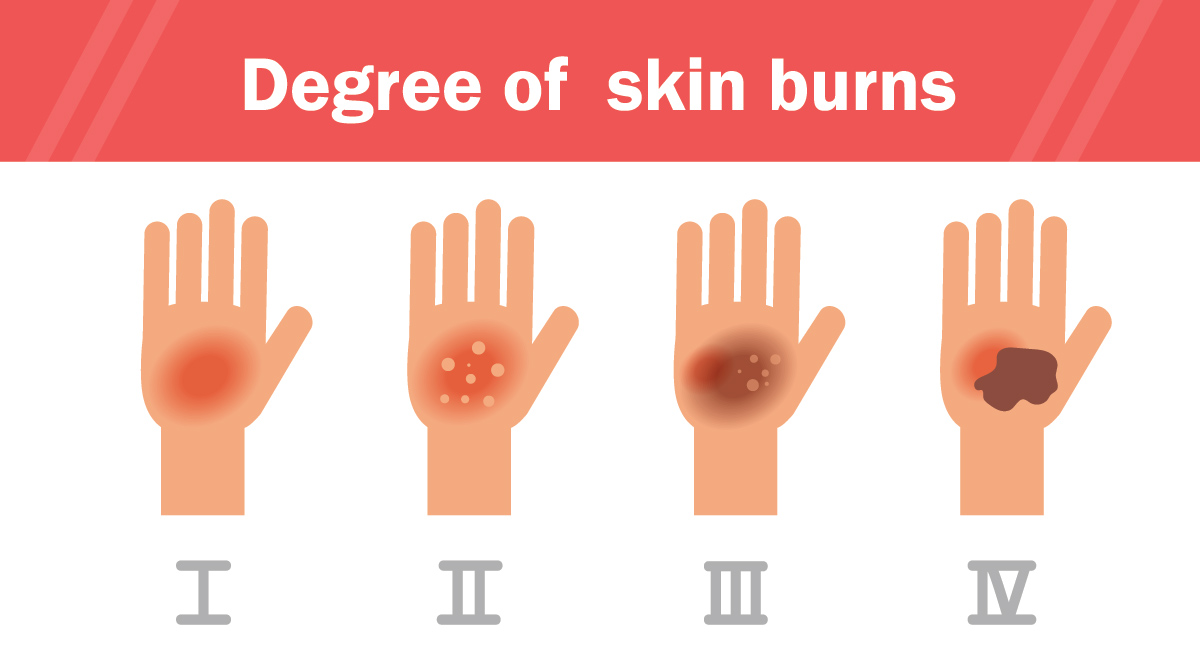Great Info About How To Treat Serious Burns

You should go to a hospital a&e department for:
How to treat serious burns. You should go to a hospital a&e department for: The goals of treatment are to control pain, remove dead tissue, prevent infection, reduce scarring risk and regain function. The water should not be unpleasantly cold.
For more serious burns, treatment may be needed to clean the wound, replace the skin, and make sure the patient has enough fluids and nutrition. Signs and symptoms include cool, clammy skin, weak pulse and shallow breathing. Antibiotic creams can prevent or treat infections.
The treatment of burns depends on the location and severity of the damage. The goals of treatment are to control pain, remove dead tissue, prevent infection, reduce scarring risk and regain function. Apply petroleum jelly two to three times daily.
How serious and ways to treat ouch! For minor burns, keep the burn clean and don’t burst any blisters that form. Medically reviewed by lauren levy, md, faad.
Depending on how serious a burn is, it may be possible to treat it at home. Plastic cling film is a good choice. Remove any loose clothing around the burn to avoid unnecessary contact.
Cover the burn with a nonstick, sterile bandage. Your provider will evaluate the extent of skin damage. Don't try to treat major burns at home.
More serious burns require professional medical attention. When to go to hospital. The top layer of skin (epidermis) turns red and is painful but doesn’t typically blister.
Burns and scalds are caused by damage to the skin when it comes in contact with heat. National institute of general medical sciences This will hep to reduce swelling.
These can hide underlying burns and retain heat, which can increase skin damage. If the burn is to an arm or leg, raise it whenever possible to reduce swelling. Lift the wound above heart level if possible.
For serious burns, after appropriate first aid and wound assessment, your treatment may involve medications, wound dressings, therapy and surgery. Emergency medicine residency, perelman school of medicine at the university of pennsylvania. You may experience pain, redness, swelling and blistering.



:max_bytes(150000):strip_icc()/how-to-treat-a-burn-1298802-01-ef3683609e664a3ea3c46d6a619ac2f0.png)













